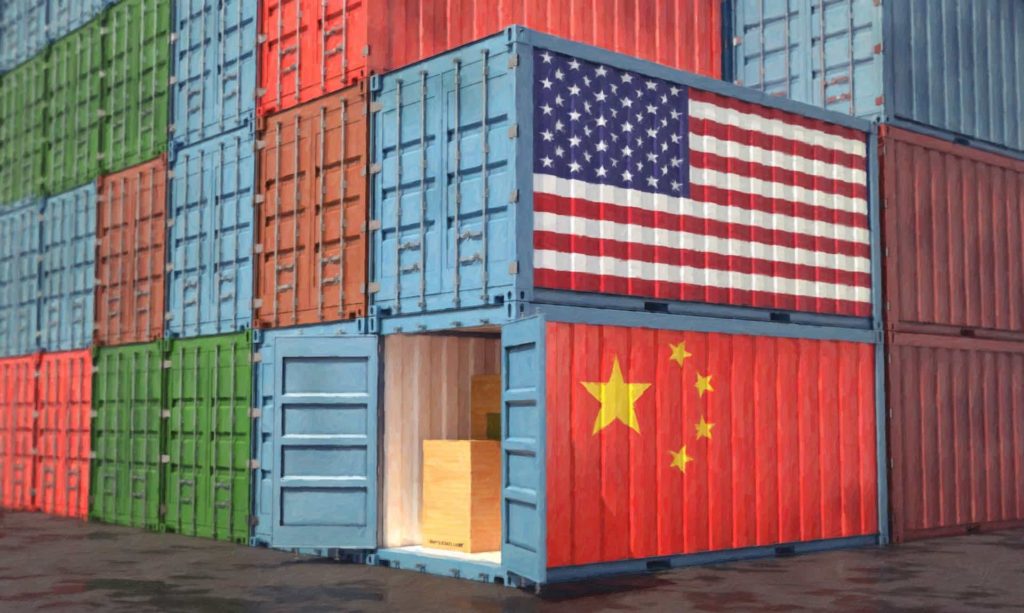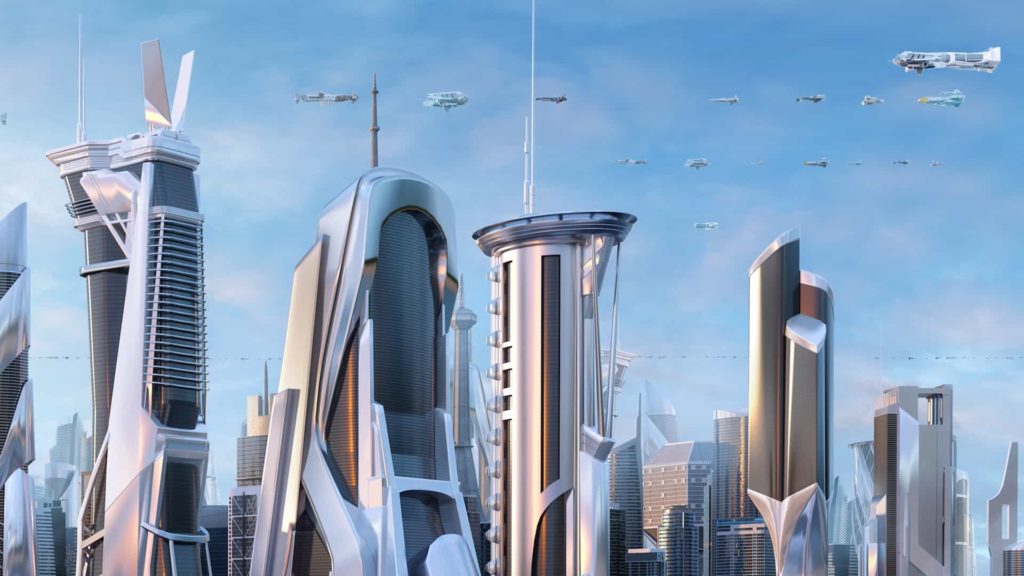Future Economy
Future Economy
Labor force participation uncorrelated with demand, cryptocurrencies, sustainability, carbon neutral, and broad universal services. Can capitalism be rebuilt? Listen or scroll for more on:
- Supply and Demand no longer driving labor
- The US is reacting poorly to Chinese economic dominance
- Economies will be for Citizens, not for Markets
- Climate will require a philosophical change also
- Funding the largest mobilization in human history
- The Rise of Technosocialism
Supply and Demand no longer driving labor
Supply and demand and equilibrium are key concepts taught in economic classes the world over, but as automation impacts the global economy, increasing demand will be met with more processing cycles, and not more humans in factories. The link between economic activity, the growth in market capitalization and labor participation will breakdown in the 2030s. The world’s largest companies will continue to grow while they employ fewer and fewer humans.


Supply and Demand no longer driving labor
Supply and demand and equilibrium are key concepts taught in economic classes the world over, but as automation impacts the global economy, increasing demand will be met with more processing cycles, and not more humans in factories. The link between economic activity, the growth in market capitalization and labor participation will breakdown in the 2030s. The world’s largest companies will continue to grow while they employ fewer and fewer humans.

USA reacting poorly to Chinese economic dominance
By 2030 the Chinese economy will most likely surpass the US, and by 2050 will likely be twice the size of the US economy. The increasing power of the Chinese economy will face some harsh foreign policy decisions from the US and its allies, such as we’ve seen with the Trump trade war and attacks on players like Huawei. However, the key issue is that the US can not compete with China on infrastructure or technology investment today, which will continue to hurt their economic prospects significantly.
Economies will be for Citizens, not for Markets
The biggest change that is likely to occur over the next 30-50 years is a refocusing of core economic purpose towards more collective needs of humanity and the planet as a whole. After all, what is the economy for? Is the economy’s purpose to create economic growth, or is it to provide happy and healthy lives for its citizens? If economies can’t adequately provide for our basic needs as techno-unemployment and climate change impact us, these economies will fail.
Economies will be for Citizens, not for Markets
The biggest change that is likely to occur over the next 30-50 years is a refocusing of core economic purpose towards more collective needs of humanity and the planet as a whole. After all, what is the economy for? Is the economy’s purpose to create economic growth, or is it to provide happy and healthy lives for its citizens? If economies can’t adequately provide for our basic needs as techno-unemployment and climate change impact us, these economies will fail.

Climate will require a philosophical change also
The impact of climate change will require a rethink of priorities. With a billion eco-refugees and entire nations wiped out, humanity will be forced to act with much greater collective will. Sustainability and renewability will be just taken for granted, consumption will have a conscience, and we will learn that living in harmony with the planet is critical for our long-term health and the vitality of our biosphere.
Funding the largest mobilization in human history
Climate response will require the single largest human mobilization and effort in human history, which will create massive employment and technology investment opportunities. But paying for all this will continue to be a debate in the mainstream media, on social media and within parliaments and congresses around the world. We have proposed forgiveness of all national debt to fund climate mitigation and resilience globally. It is a bold proposal, but that’s exactly the sort of thinking we need.


Funding the largest mobilization in human history
Climate response will require the single largest human mobilization and effort in human history, which will create massive employment and technology investment opportunities. But paying for all this will continue to be a debate in the mainstream media, on social media and within parliaments and congresses around the world. We have proposed forgiveness of all national debt to fund climate mitigation and resilience globally. It is a bold proposal, but that’s exactly the sort of thinking we need.

The Rise of Technosocialism
ÇAs technology allows us to automate the world around us, and as we reshape the world’s economies to invest in citizens, the planet around us and the futures of our grandchildren, humanity will reach a fork in the road. We can double down on a system that has created the worst inequality in human history, that has traded off fossil fuel profits for global warming and millions of deaths annually from pollution, OR we can choose a new trajectory for humanity.
An optimal future for humanity requires us to work together. The systems of the world today pitch us against each other – tribe vs tribe, nation vs nation, political parties, entrepreneurs, and corporations all competing against each other. It is time for humanity to focus on competing for the future of humanity, together.